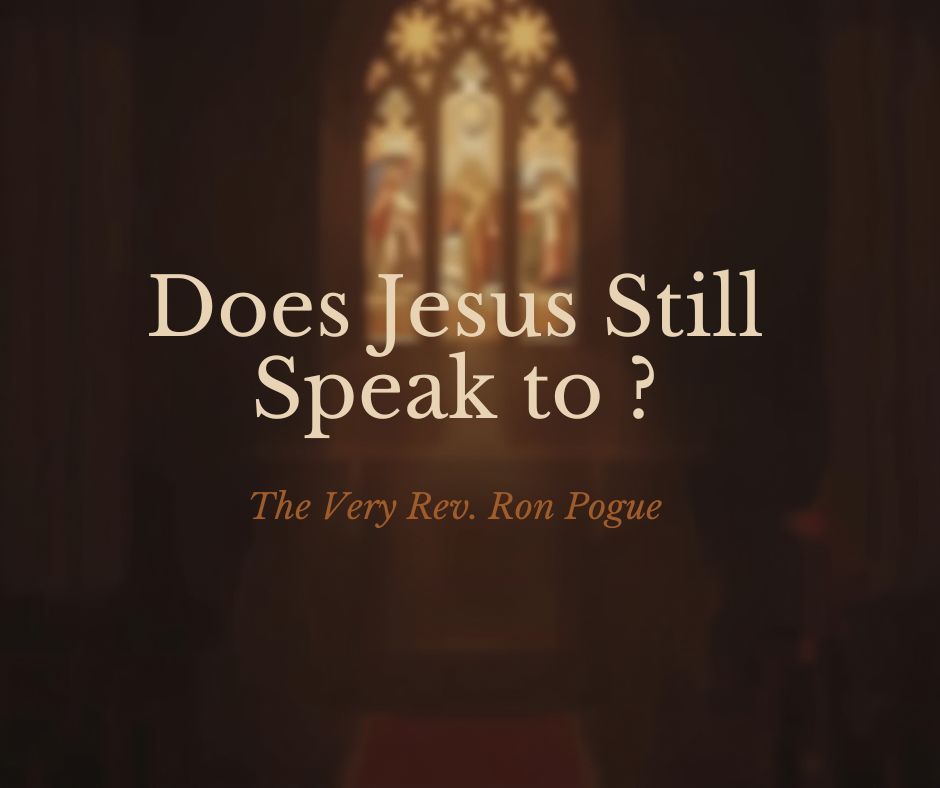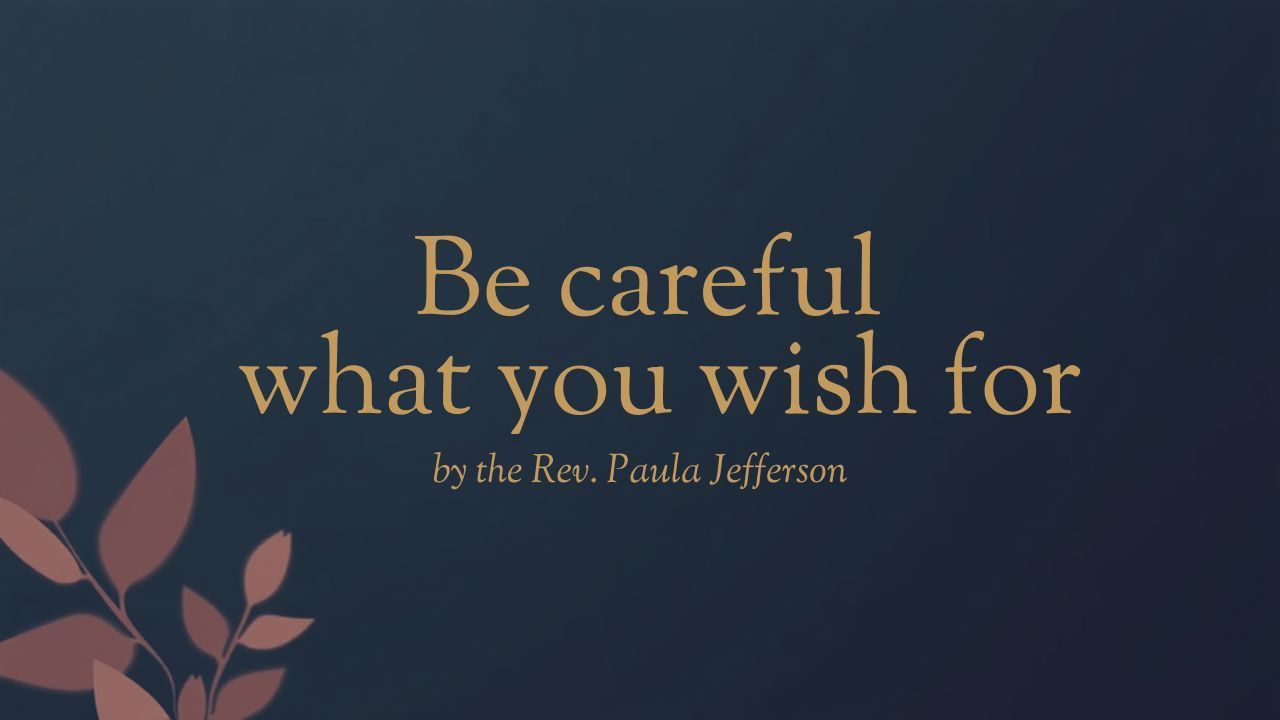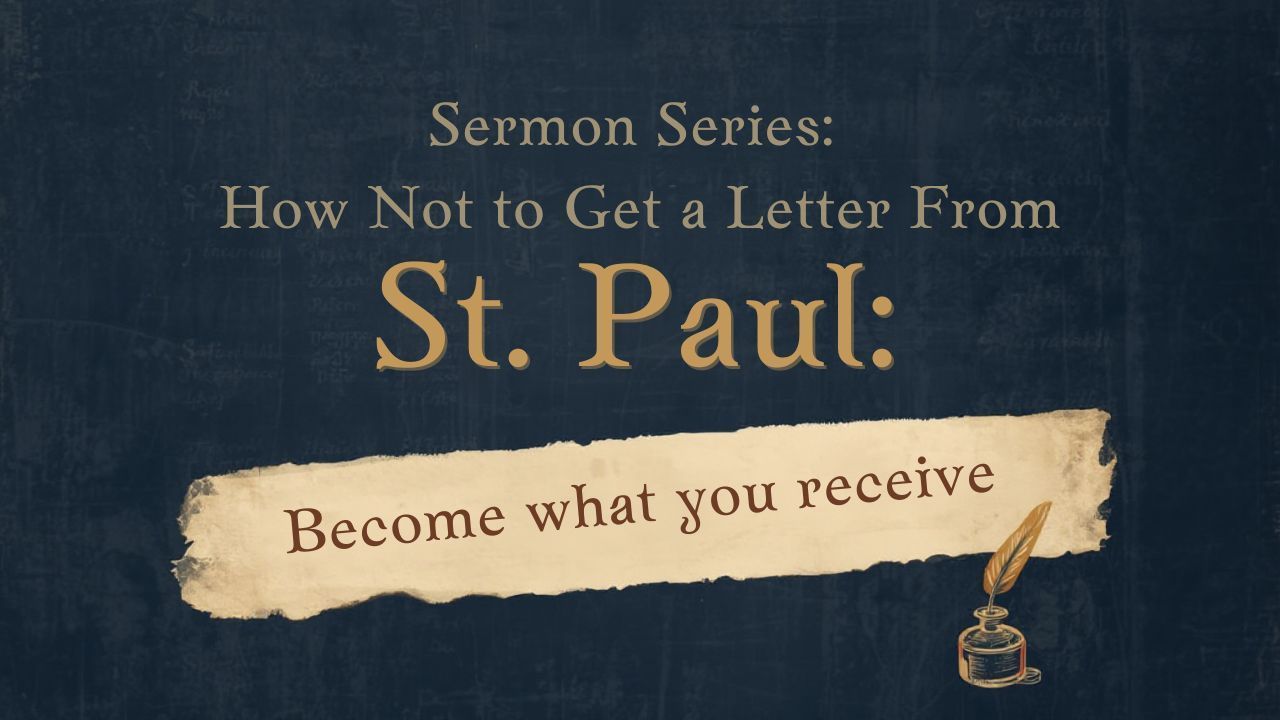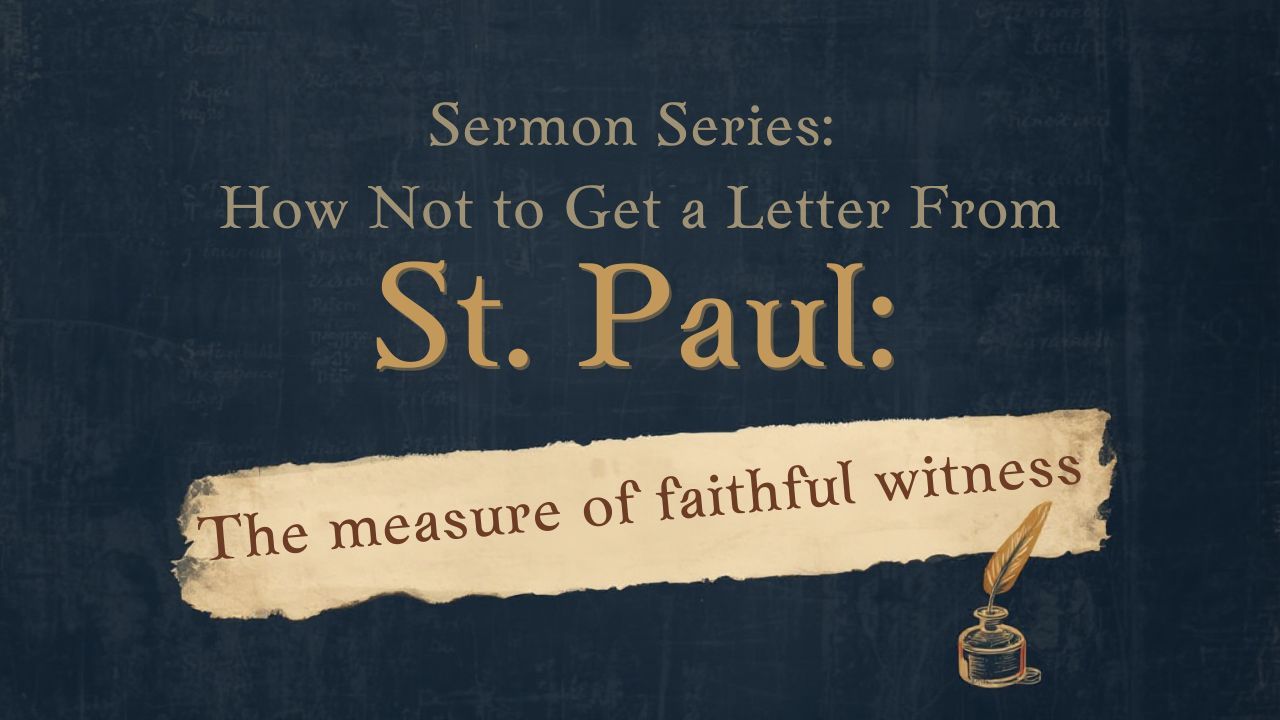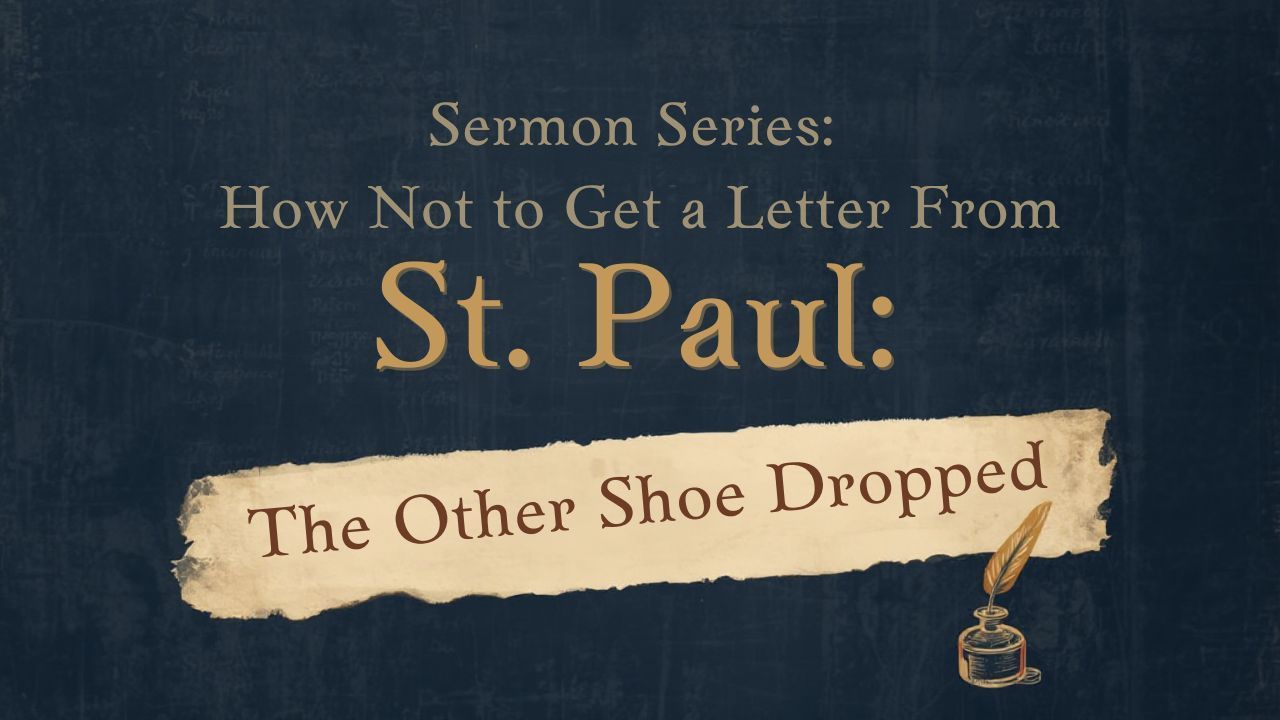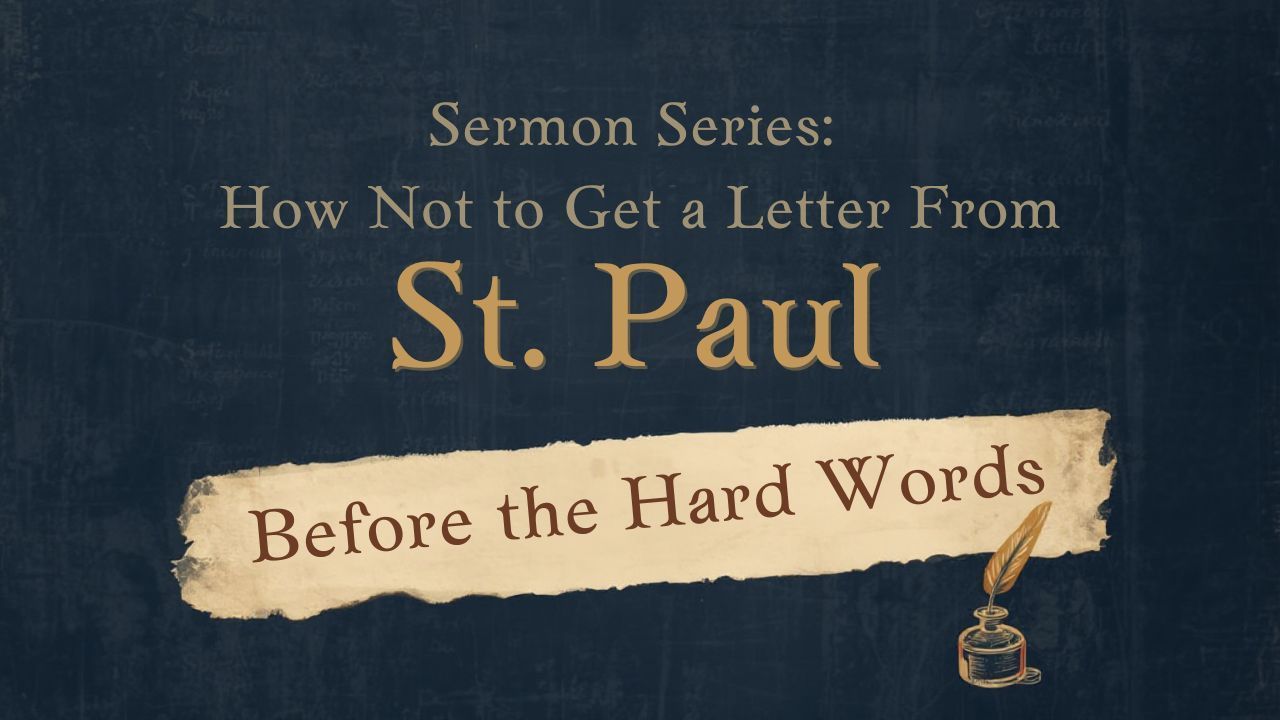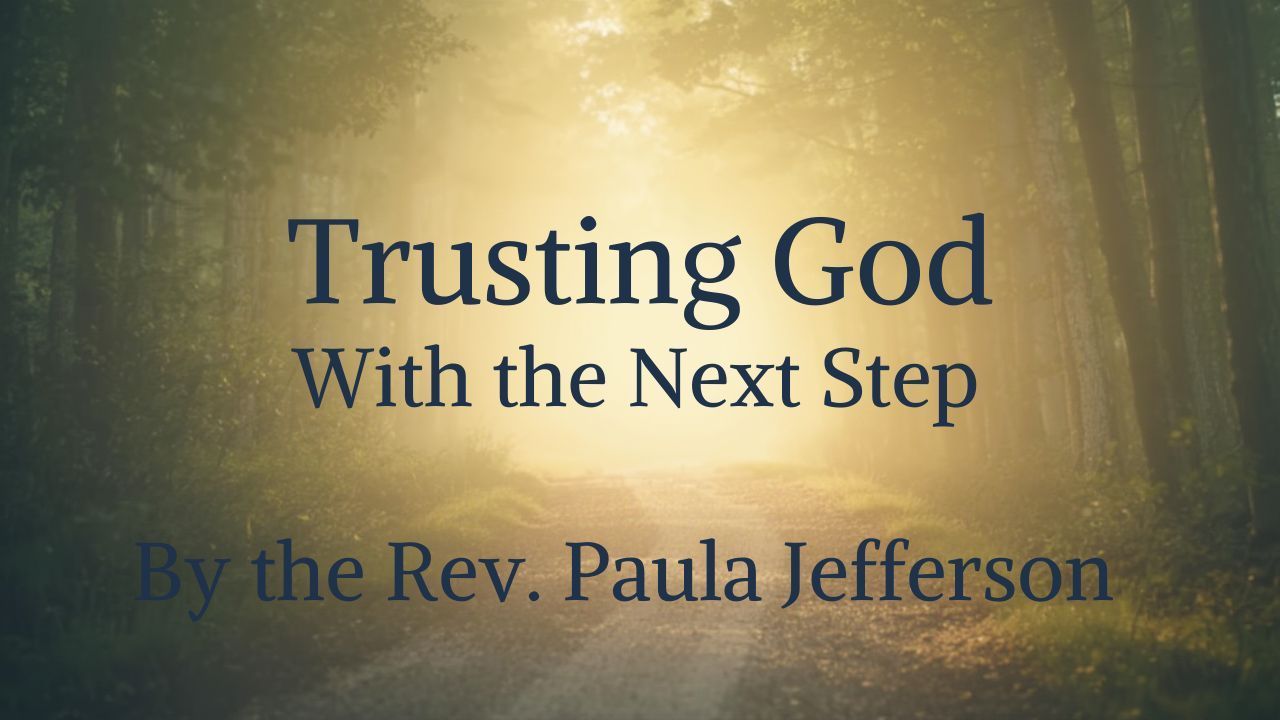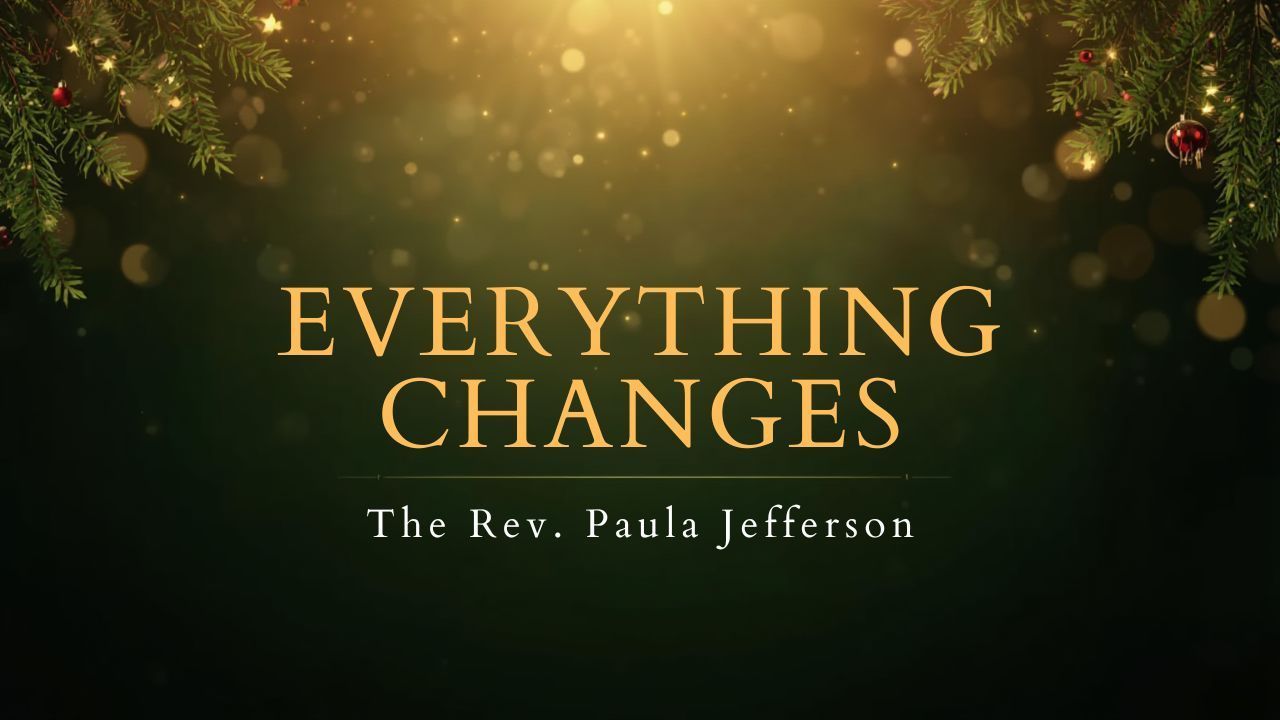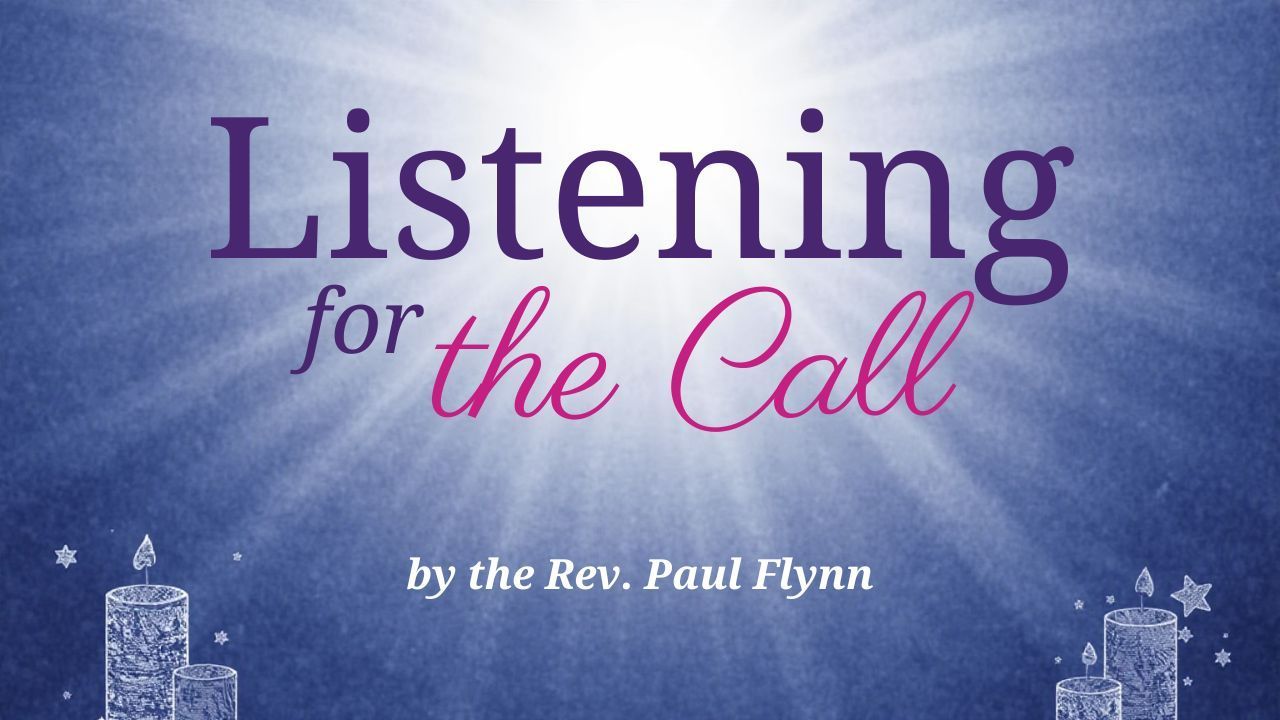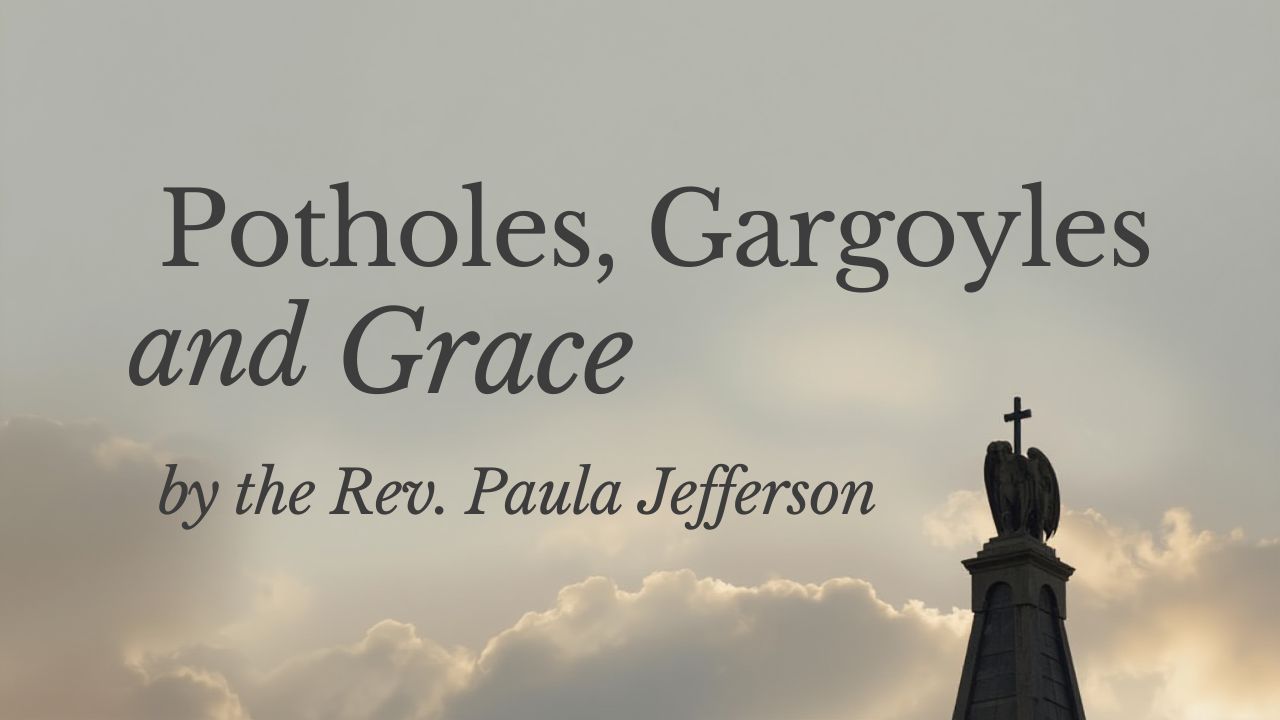This is a subtitle for your new post
There are those students of the Bible who believe that Luke's account of the pilgrims on the road to Emmaus is the most dramatic story in all scripture. It certainly is one that gets our attention. Perhaps the drama and simplicity of it is the reason this story has become the one that gives thematic unity to a worldwide movement among Christians, the movement overseen known in this Church as Cursillio. It is a movement of people who are caught up in the surprising discoveries experienced by Cleopas and his companion when they walked and talked and broke bread with the Risen Christ in a village called Emmaus.
All of Luke's accounts of the resurrection appearances of Jesus have about them the quality of the worship life of the early church. There is a familiar pattern which reflects or is reflected in the pattern of worship among early Christians; disciples experiencing doubt and despair, Jesus appearance and confrontation, opening of scripture, sharing of a meal, followed by rejoicing and witness. There is an integral and unbreakable connection between our worship together and our experience of the Risen Savior. Worship is the center of the corporate life of the followers of Jesus Christ. Worship is the place of surprise and discovery. If we join that pair on the road to Emmaus we will find...
In worship we are discovered by the Risen Christ. While they were walking, Jesus came near and went with them. But they didn't realize it, they were not expecting him or looking for him. It takes a special opening of the eyes to see the Risen Christ because there is an inward blindness that must be overcome. John Newton's line “was blind but now I see” in Amazing Grace refers to this blindness. Fanny Crosby, whose hymns have inspired many, sang about spiritual blindness from the perspective of a person who was actually physically blind. We have a way of seeing what we want to or the way we want to. Jesus discovers us in this condition and desires to correct it!
In worship we discover him. Recognition of Jesus did not occur until they received the witness of scripture and sacrament. It amazes me that so many people are amazed that the Church expects its members to be regular participants in worship. Some say, “attending worship doesn't guarantee that you'll be a good Christian. I can be a good Christian and never darken the doors of a church.” You can be a good person but not a new creature. You can do your own thing, but Christianity is not one's own thing. It is a corporate experience. The witness of Scripture, the teaching of the Church, the experience of millions of Christians for 2000 years is that gathering for word and sacrament on a regular basis is essential because it is in worship that the chief means of grace are offered to nourish and sustain us in the Christian life. It is true that we can discover Christ anywhere. But the normal, primary way, and most reliable way is through word and sacrament with the gathered community of his followers.
In worship we discover our faith. Faith is, first and foremost, trust in God. St. Peter wrote, “Through him you have come to trust in God, who raised [Jesus] from the dead and gave him glory, so that your faith and hope are set on God” (I Peter 1:21). For most of us, mature faith does not come all at once as a finished product. We grow into it over time. In fact, the most exemplary saints are never sure the process is ever complete. I recall a scene from the movie, Tender Mercies, in which a boy and his stepfather are baptized. Going home, the boy says he doesn't feel much different. He asks his stepfather if he does. And his stepfather replies, “not yet.” In the experience of worship, more than any experience of our lives, we place ourselves in the presence of the Risen Christ and in his presence we discover our faith.
In worship we discover one another. After he broke bread and was recognized by them, he left. Then “they said to each other…” We need to learn to share our faith one-on-one. Faith that is never shared isn't faith. We need to overcome fear that we might reveal weakness or that our insights might be challenged. Faith that is never questioned isn't worth having. We need to make all our meals and all our meetings experiences of shared faith in the Risen Christ.
In worship we discover our feet. After their encounter with the Risen One in Emmaus, those disciples went to the others. The sense of the text is that they couldn't wait to get there. What if this church became that excited about its mission, so that we couldn't wait to get out there and roll up our sleeves? Serving a meal at Union Gospel Mission, getting more involved in the work of 4Saints Food Pantry, working with the Tarrant County Coalition for Peace and Justice, or starting a new ministry. What mission takes is people whose experience with the Risen Christ gets them out of their seat and up on their feet and moving. There is energy and power in it. And, it is not our own energy and power but the energy of God that raised Jesus from the dead. He shows us in Jesus that he also desires to give life to our mortal bodies. I submit to you today that our decisions to reach out to others are grounded in worship. What we do in here produces results out there. We are able to bear fruit because we return week after week to make sure we are still grafted into the Vine, without whom we can do nothing.
In worship we discover our voice to witness and praise. When Cleopas and his companion arrived in Jerusalem and found the other disciples, they told what they'd seen. They found the others telling about their experience of the Resurrection also. There was amazement. There was praise. There was energy in that room when all those who'd encountered the Risen Christ got there. That energy freed their voices to go to others and tell. On the Day of Pentecost, 3,000 responded to their witness and joined them in following Christ. In worship we discover the courage to give all and risk all for the sake of his gospel. People need to give and risk in order to experience a growing and vital faith. Through word and sacrament, we are encountered by the Risen Christ, our fears and our faith are put in balance, we discover ways to share faith with one another, we discover our feet moving out to where our priestly ministry is needed, we discover our voice to praise and witness, and we discover the courage to give all and risk all for the sake of this gospel.
